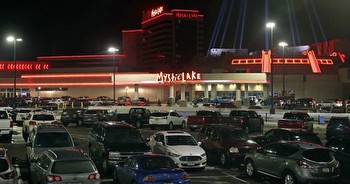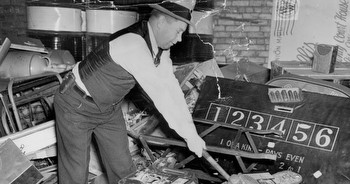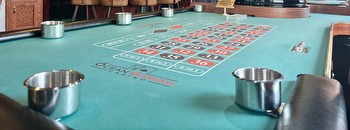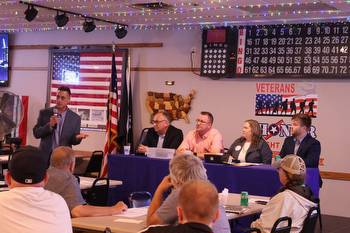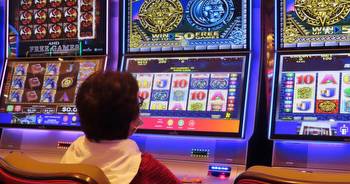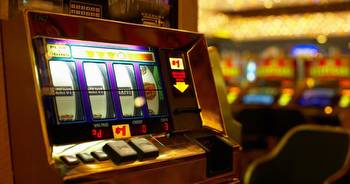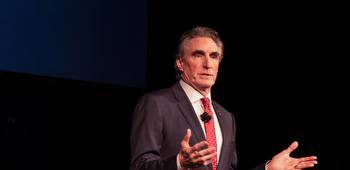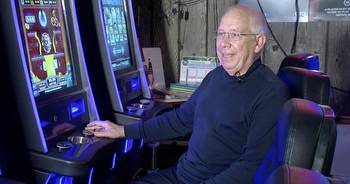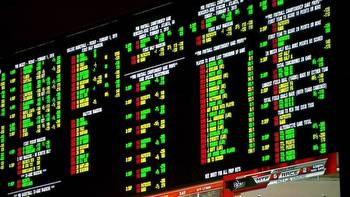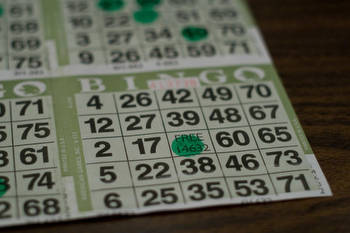Effort to rein in ‘slot machine’-style pull tabs hits at Capitol

Electronic pull tab games that are generating hundreds of millions of dollars a year could face new restrictions in Minnesota.
A provision added Wednesday to a larger House budget bill would outlaw games that simulate gambling features like those found in a casino.
Rep. Pat Garofalo, R-Farmington, is among those pushing for limitations that would be effective in September 2022.
“Some of these products that are being offered on these iPads have really come to mimic less electronic pull tabs and more of what some people would call slot machines on iPads,” Garofalo said.
The measure he successfully had added to a House budget bill would bar games that “display or simulate any other form of gambling, entertainment, slot machines, electronic video lotteries, or video games of chance.”
It also calls out “hold and spin features, delayed reveals, cascading or tumbling reveals, bonus games, bonus wheels, free play, free spins.”
The pull tab version of electronic gambling offered in bars and restaurants was first authorized in 2012 as part of the finance plan for a new Minnesota Vikings stadium. After a weak start, the games have boomed in popularity.
After payouts and expenses, proceeds from play are split among charities, the state treasury and stadium debt repayment.
Garofalo teamed with House Commerce Committee Chair Zach Stephenson, DFL-Coon Rapids, on the provision. Stephenson said the way the linked bingo games and e-pull tabs have progressed might be out of line with what was contemplated when they were authorized.
“We have a deal that we struck in 2012 with our sovereign tribal governments and we’re not holding up our end of the deal, I don’t think,” he said.
Rep. Ron Kresha, R-Little Falls, said the move to restrict electronic games hasn’t been carefully thought out. He said local charities have the most to lose if substitute games aren’t developed.
“We’re not just talking about the software interfaces and bells and whistles that are on an iPad,” Kresha said. “What we’re talking about is moving revenue.”
Ray Bohn, who represents the electronic charitable gaming industry in the state, said the results of the changes would be "devastating. It will be a complete and utter disaster." He said the language would revert the games to their operations in 2012 and 2013, when they reached less than 10 percent of their expected revenue, and the state had to divert other taxes to make good on the stadium bond payments.








